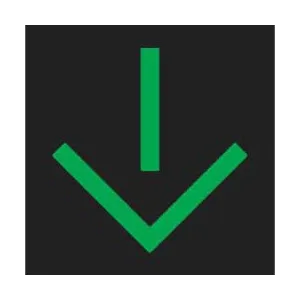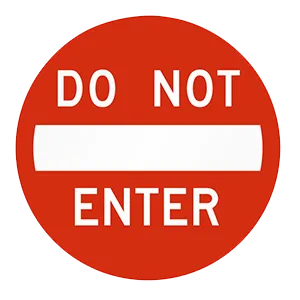Motorcycle Test | License NJ 2026 | FREE Online Practice! #2 Page 6 of 7
Take this FREE motorcycle test (license in NJ 2026) to check your knowledge of the road rules. To improve your results, download a motorcycle handbook online, study theory, and practice for free on our website. Still worried about how to get a motorcycle license in New Jersey in 2026? Check our website for more sample tests, train as much as possible, and boost your grades!
36 . You will ______ hear a tire going flat.
Motorcyclists will seldom hear their tire go flat. Tire failure is more commonly indicated by a sudden change in handling.
37 . When riding in a group, inexperienced riders should position themselves:
Inexperienced riders should ride just behind the leader. This ensures that they won't have to chase after the group, and it allows more experienced riders to keep an eye on them from behind.
38 . The front brake is:
The front brake is safe to use as long as it is used properly. The front brake of a motorcycle is more powerful than the rear brake, providing at least three-fourths of the total stopping power.
39 . This green arrow on a lane use control signal means:

A steady downward green arrow over a traffic lane means you may use the lane indicated.
40 . ____ can remove alcohol and its effects from your body.
The only method that effectively reduces your BAC is not drinking alcohol for a period of time. Coffee, exercise, fresh air, and cold showers cannot reduce your BAC or change the effects of alcohol. They can help you remain awake, but they cannot change your BAC or make you sober.
41 . This road sign means:

If you drive past these signs, you are going the wrong way and are at risk of a head-on collision. You should cautiously turn around.
42 . Shifting to a lower gear produces an effect similar to:
Most motorcycles have a manual transmission. Downshifting to a lower gear will slow you down.
See the exact questions that will be on the 2026 New Jersey DMV exam.
99.2% of people who use the cheat sheet pass the FIRST TIME
Jeneen was tired of paying $5/gallon. She got herself a scooter that required the motorcycle license. She studyed the motorcycle test cheat sheet and passed her test the next day!
Christopher tells us how he knew nothing prior to obtaining the motorcycle study guide, and he only got one question wrong because he clicked on the wrong answer by mistake.



